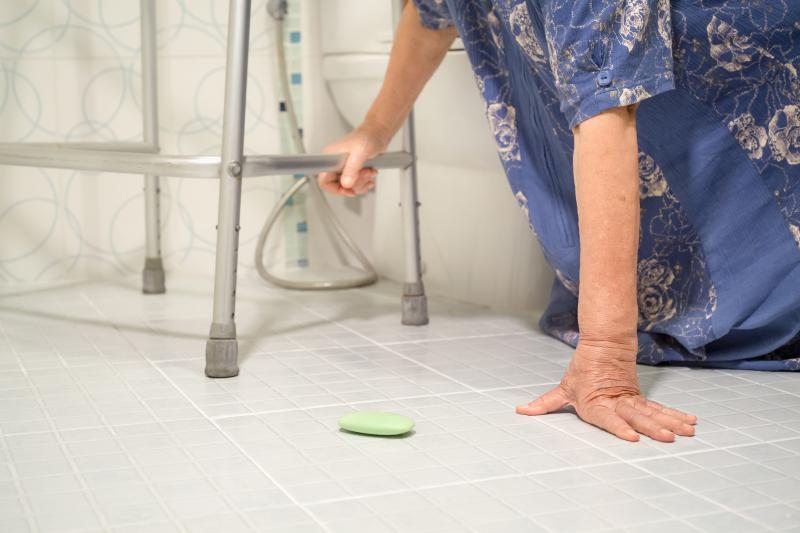
Anticoagulant and antiplatelet agents do not worsen traumatic intracranial haemorrhage (tICH) in elderly adults after low-energy falls, a recent study has shown.
Researchers conducted a retrospective cohort analysis of 2,567 older patients (median age, 82 years; 63.1 percent female) presenting to the emergency department with low-energy falls. All participants underwent cranial computed tomography (cCT) and were monitored for the presence and severity of tICHs. Other outcomes included in-hospital mortality, ICU admission and neurological interventions needed.
Of the participants, 6.9 percent (n=176) were found to have tICH. In this subset, 8.5 percent (n=15) underwent neurological interventions, 15.9 percent (n=28) were admitted into the ICU and 8.0 percent (n=14) died.
More than half (55.5 percent; n=1,424) of the patients received anticoagulants or antiplatelets. The prevalence of tICH in this subgroup of patients was 7.2 percent (n=102), not substantially different from that in patients who were not on antiplatelet/anticoagulant medication (6.8 percent).
Multivariable logistic regression analysis confirmed that taking any anticoagulant or antiplatelet agent was not a significant risk factor for tICH (odds ratio [OR], 1.03, 95 percent confidence interval [CI], 0.72–1.47) or in-hospital mortality (OR, 1.42, 95 percent CI, 0.75–2.82; p=0.29).
In contrast, significant predictors included skull fractures and visible signs of injuries above the clavicles.
“[O]ur retrospective study shows the prevalence and severity of intracranial haemorrhage and a lack of association with anticoagulation or antiplatelet therapy. Prospective validation is needed to verify these findings,” said researchers.